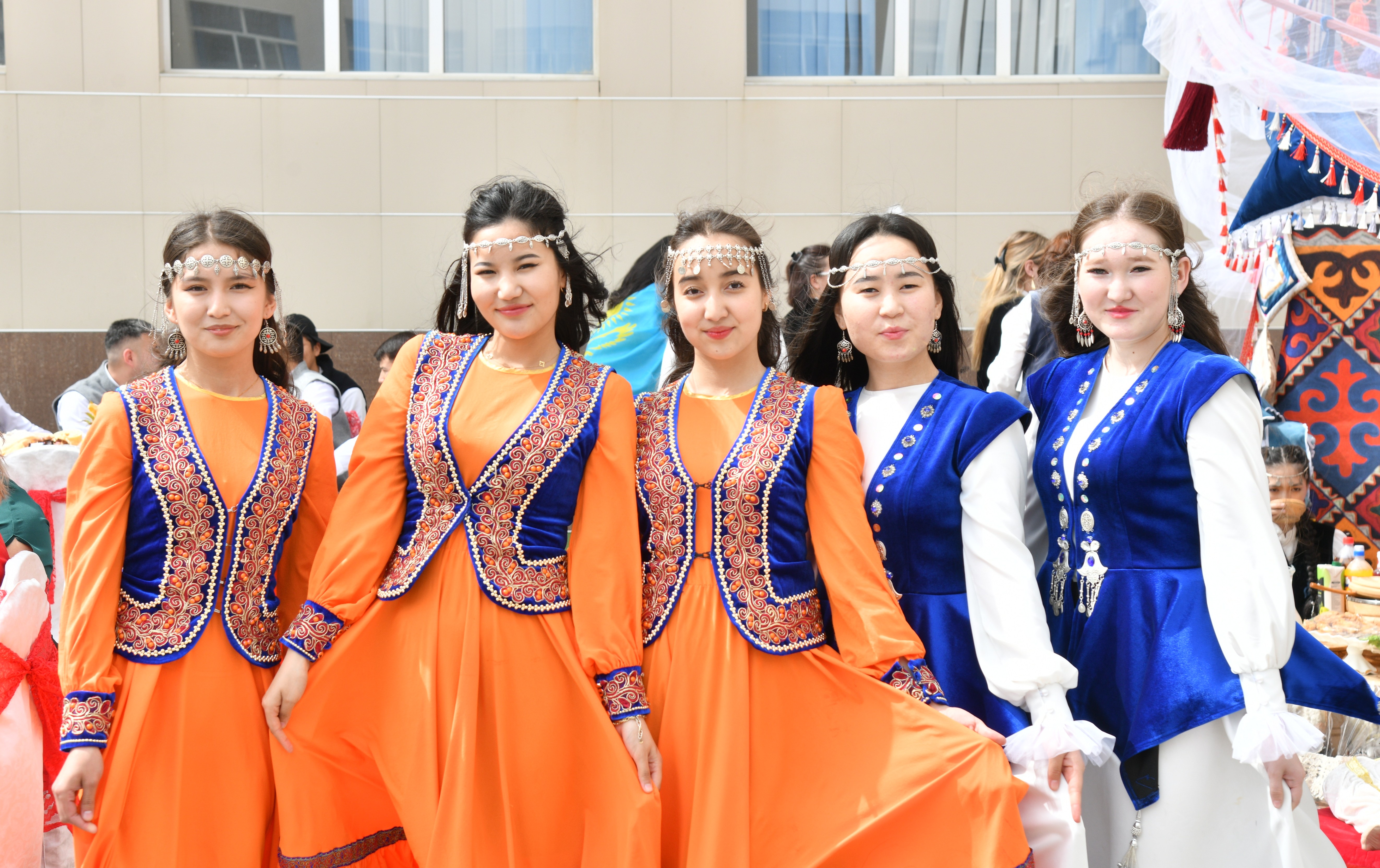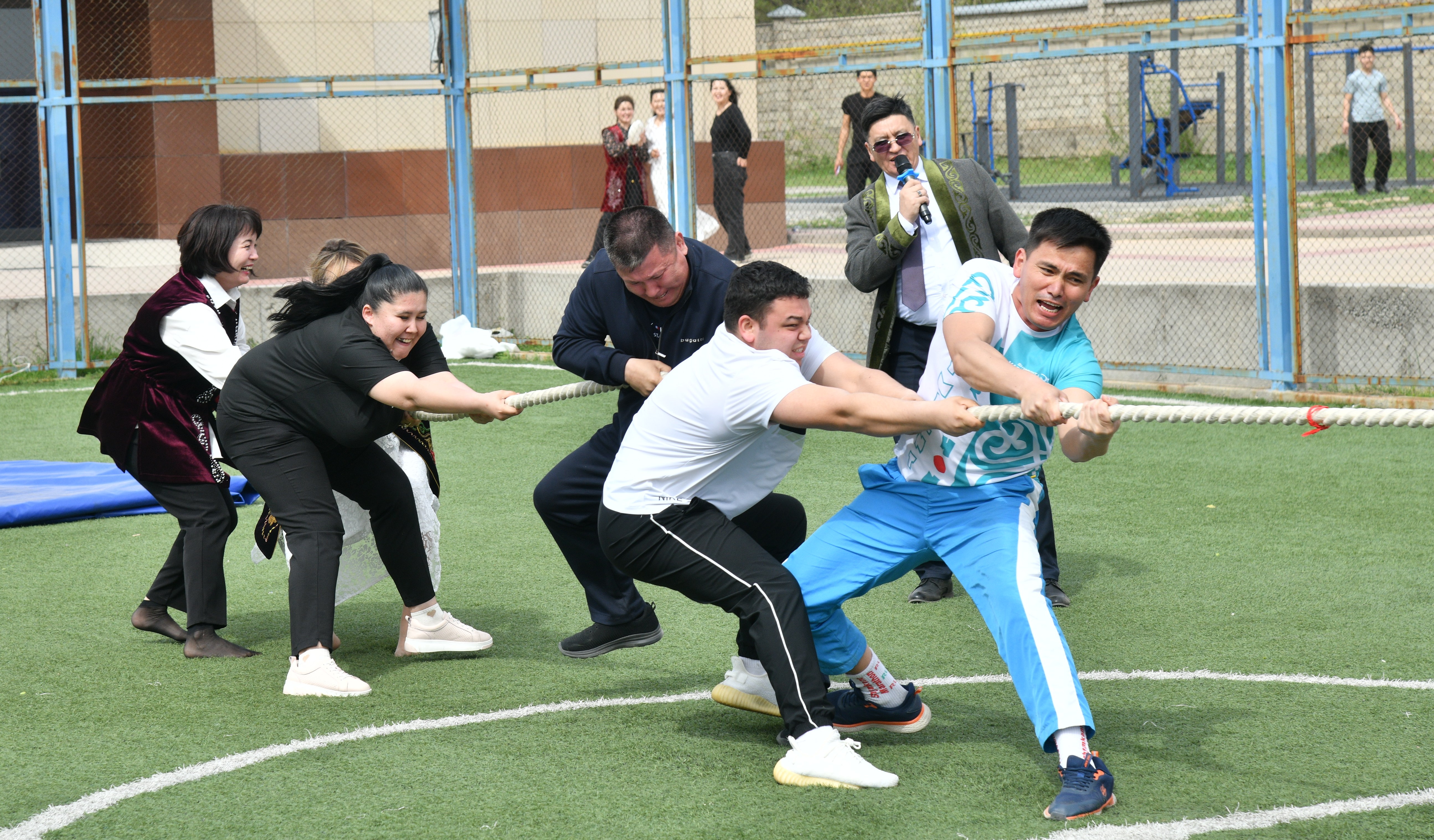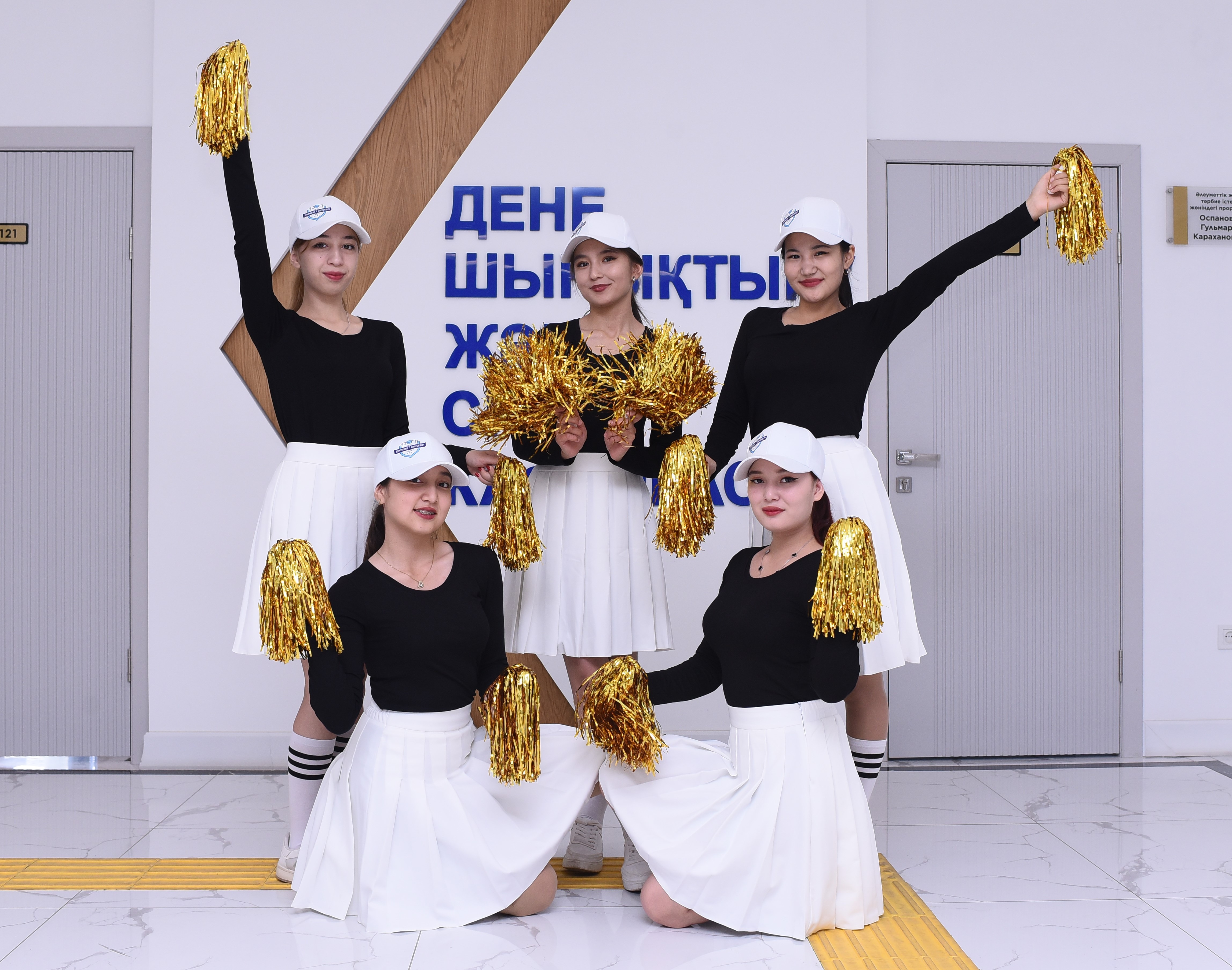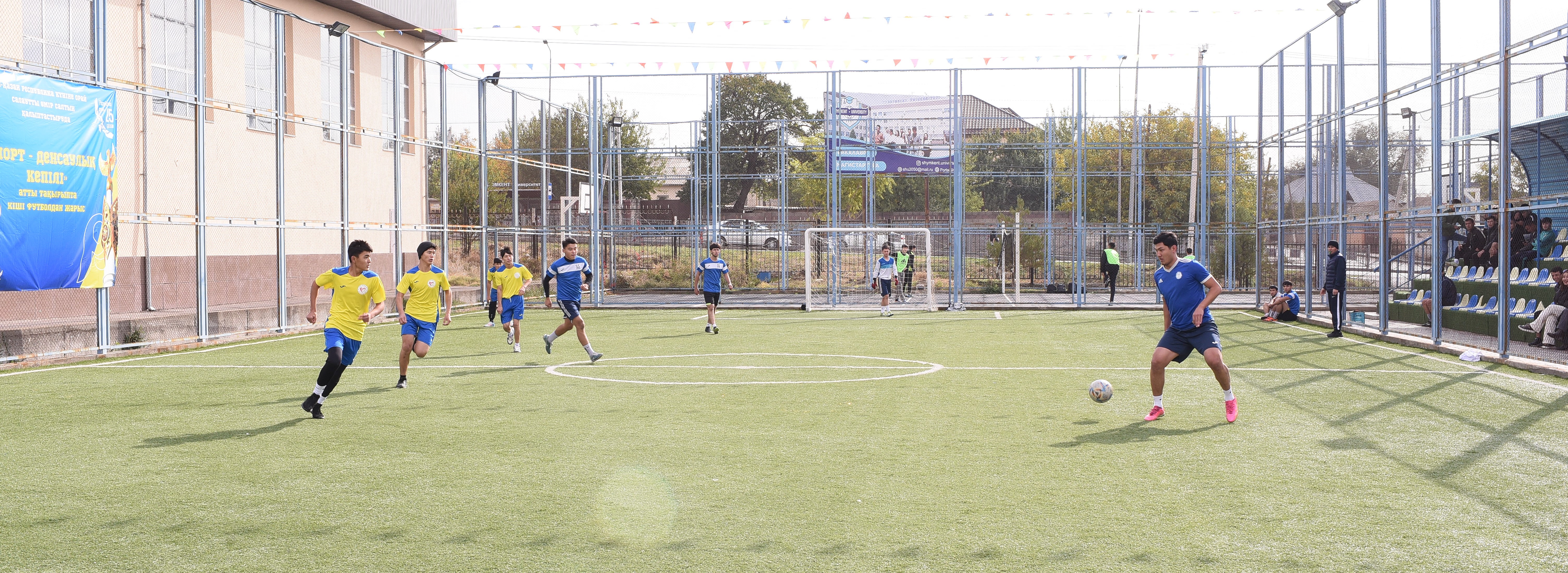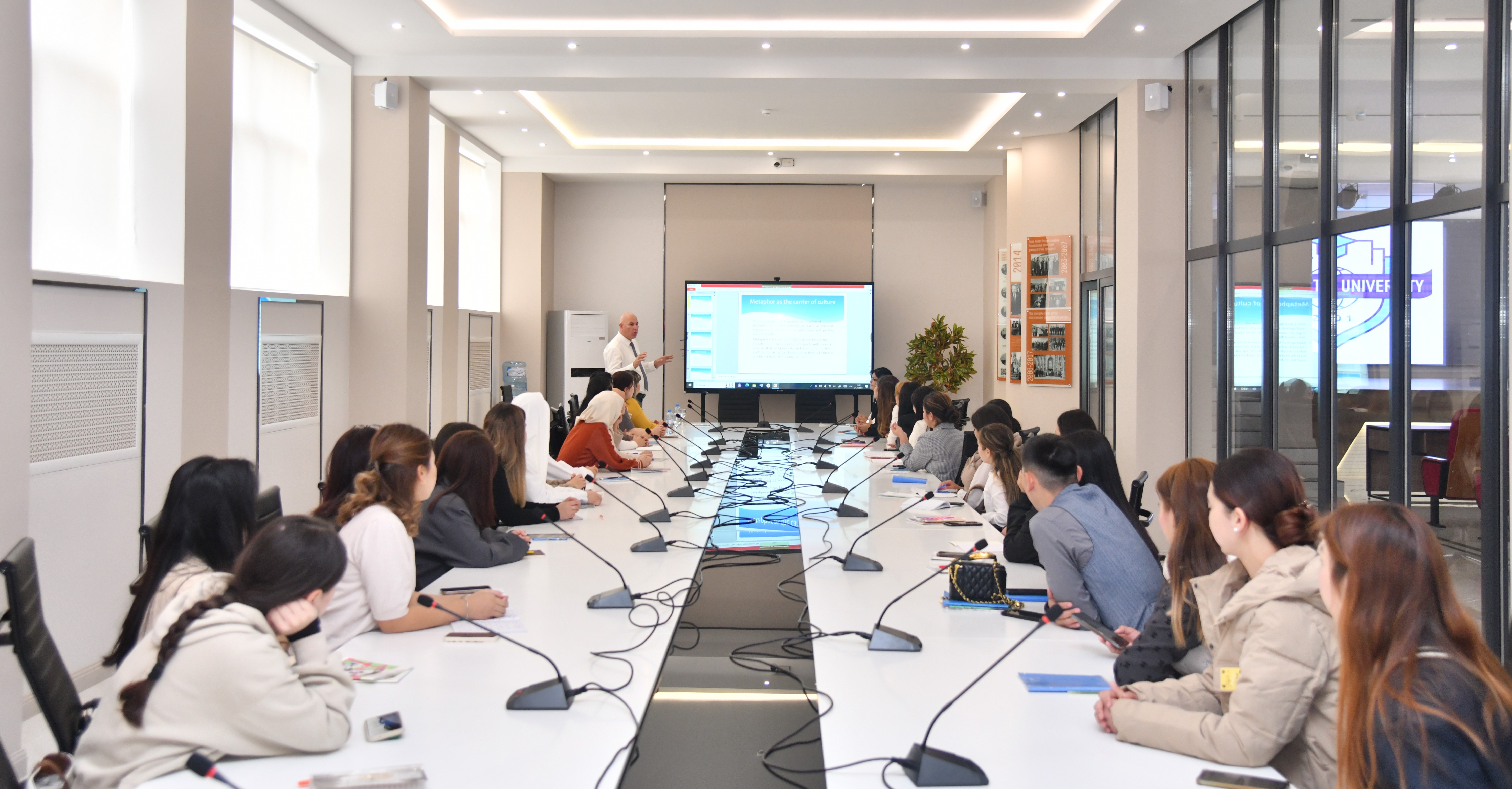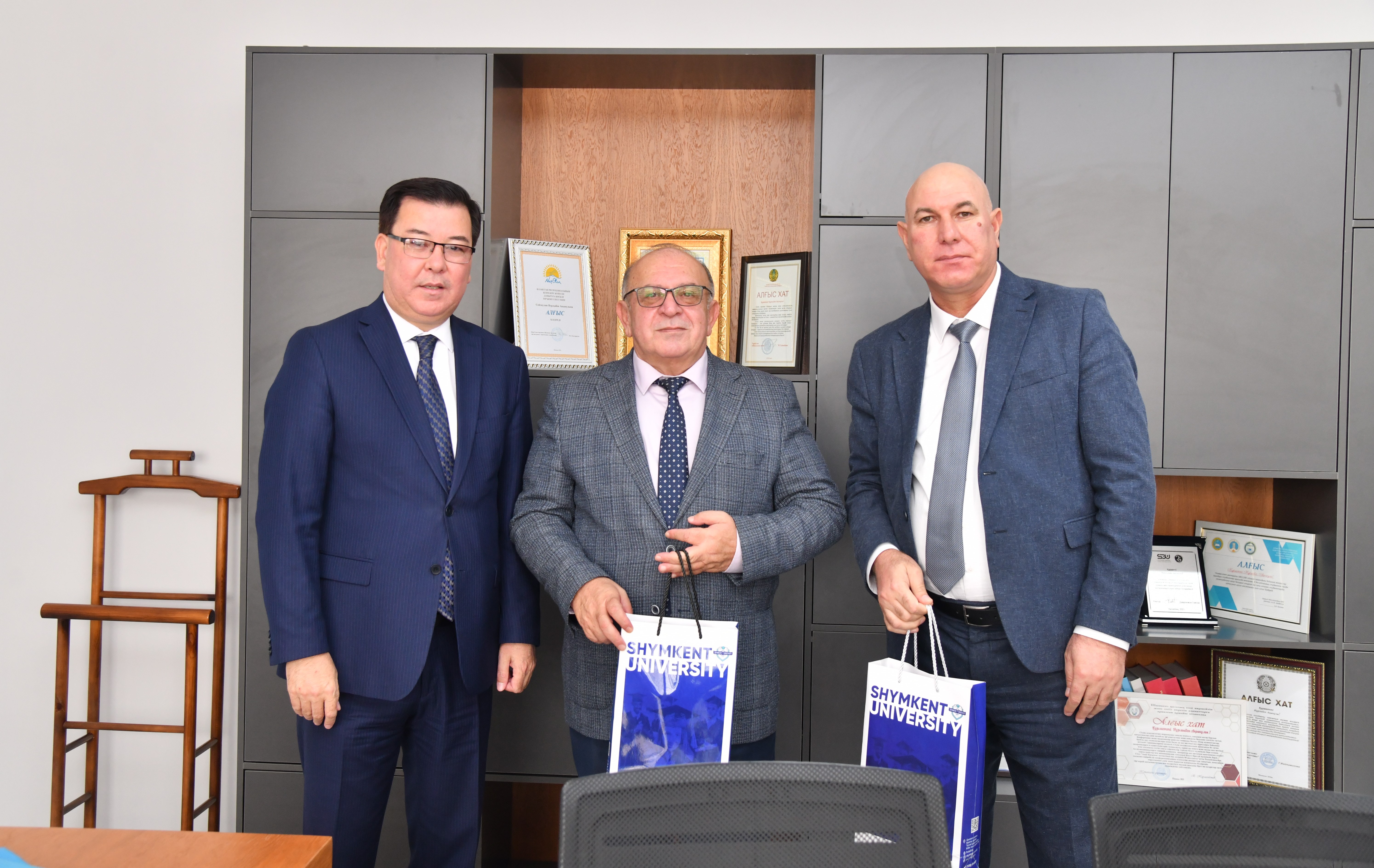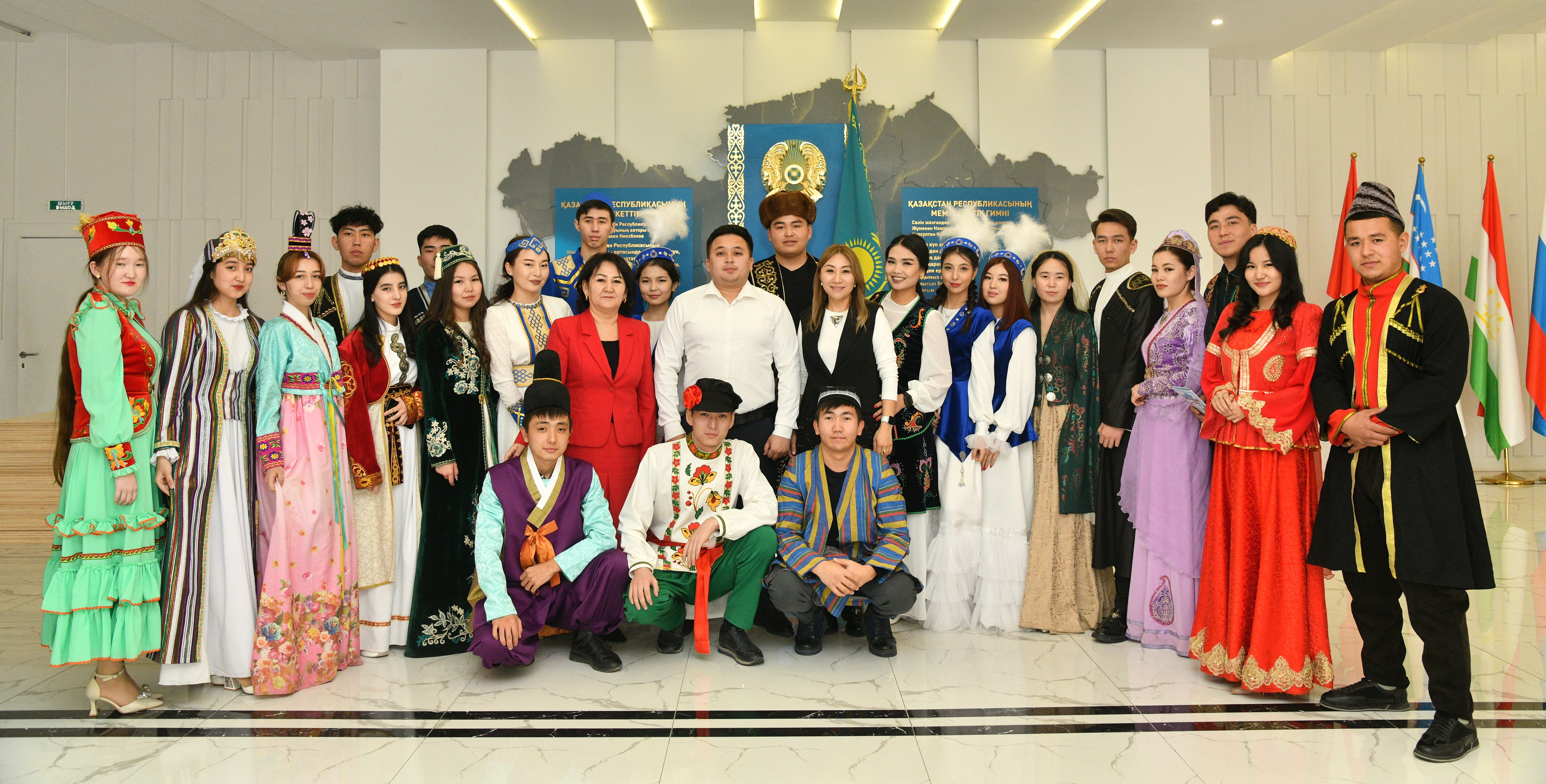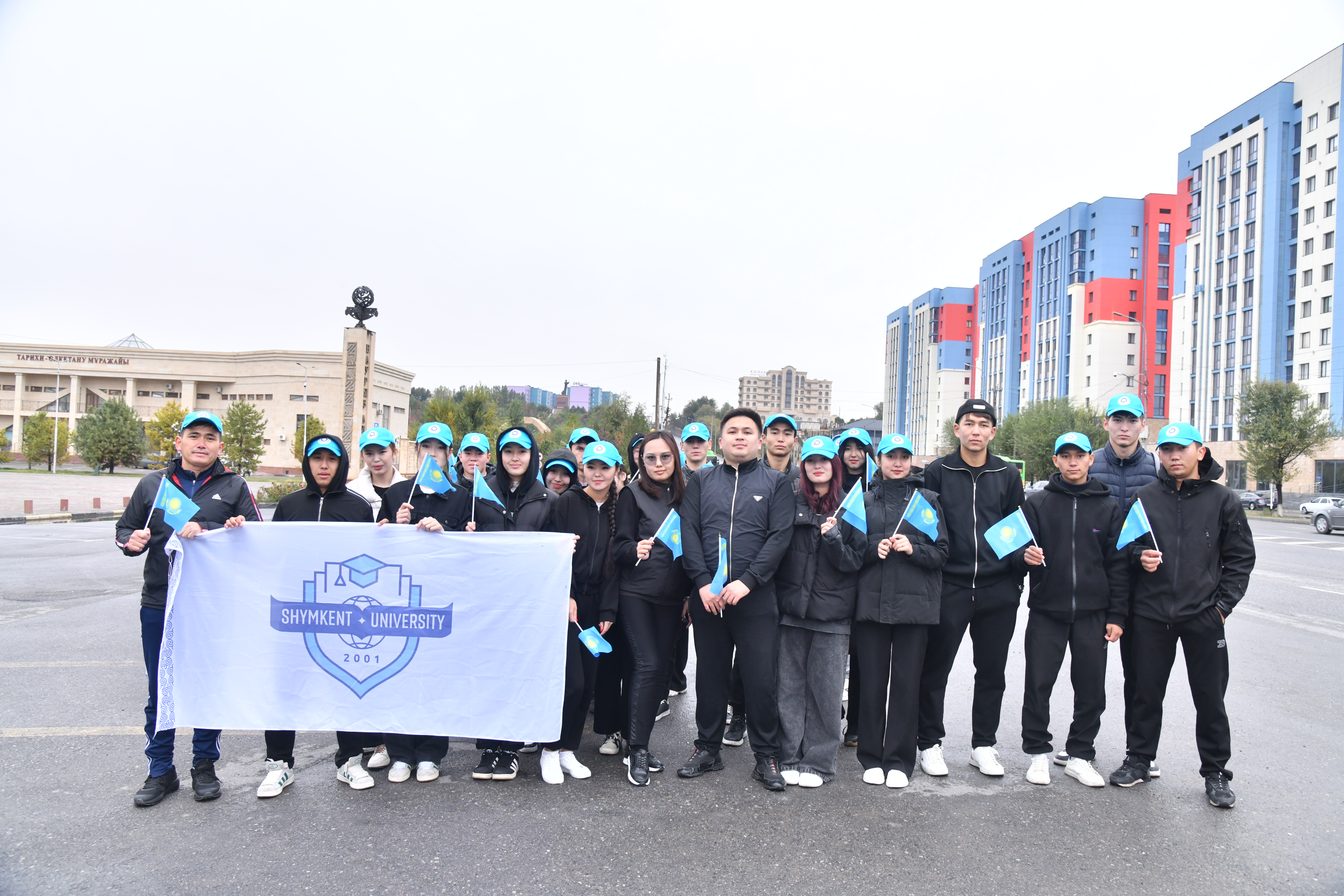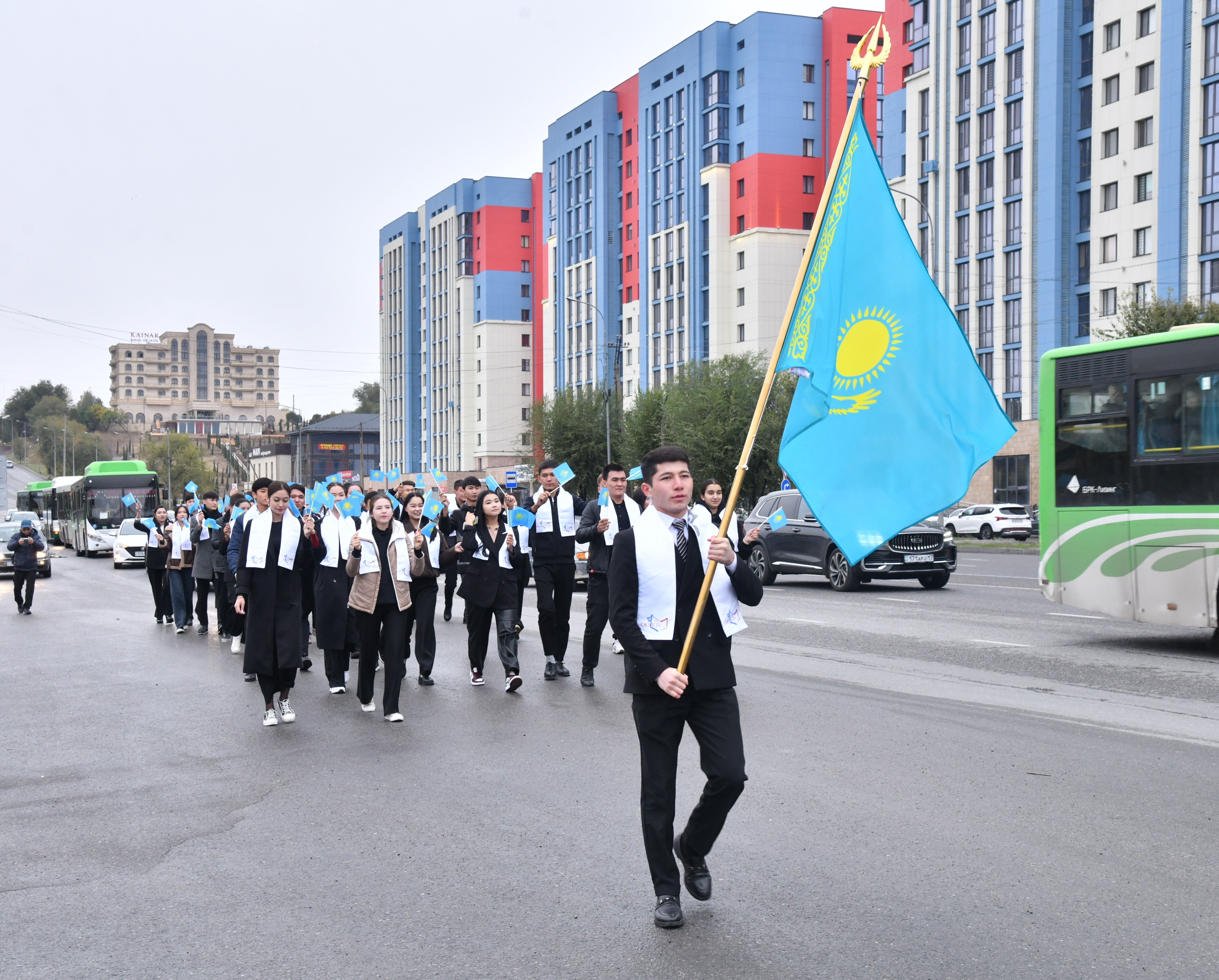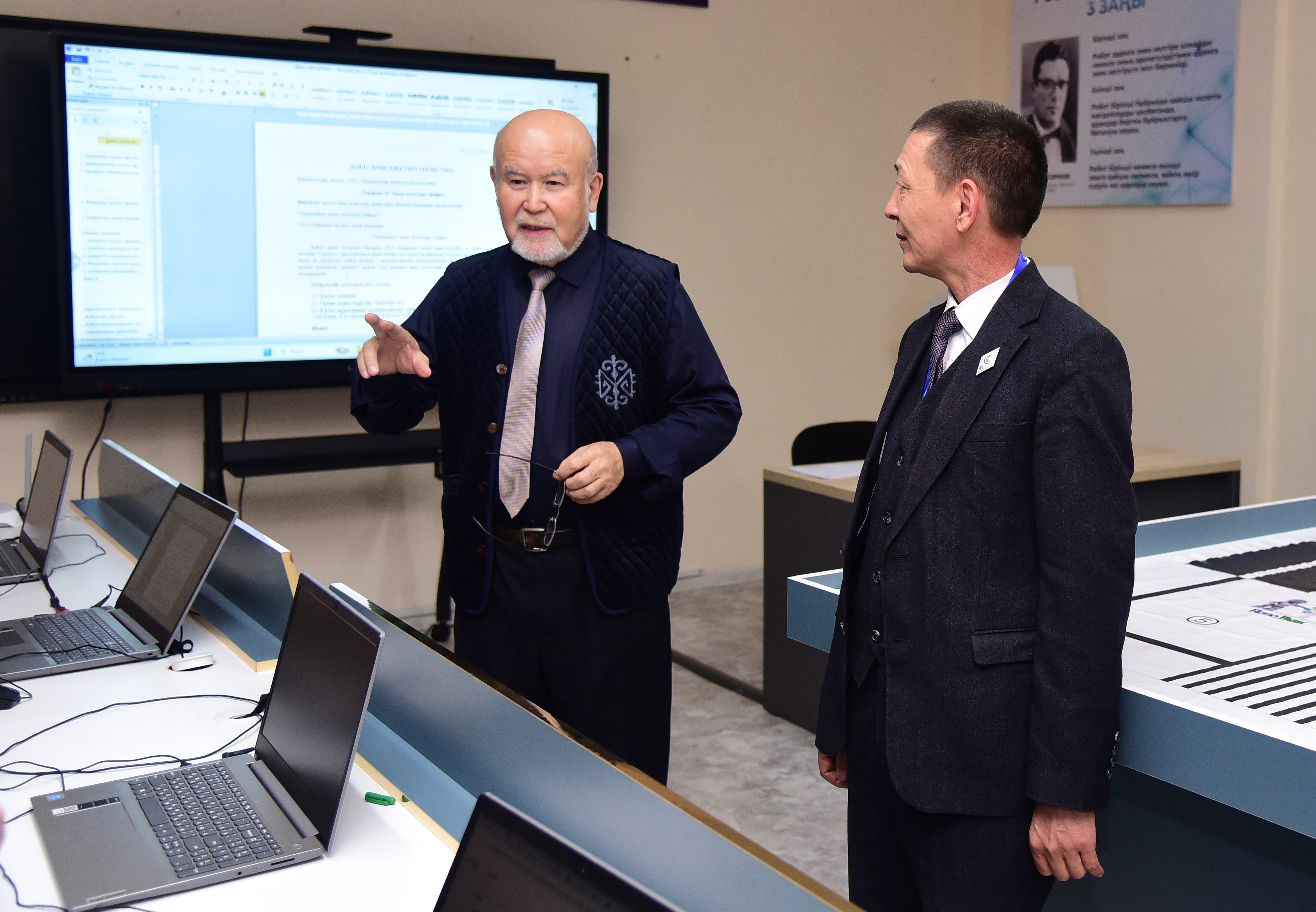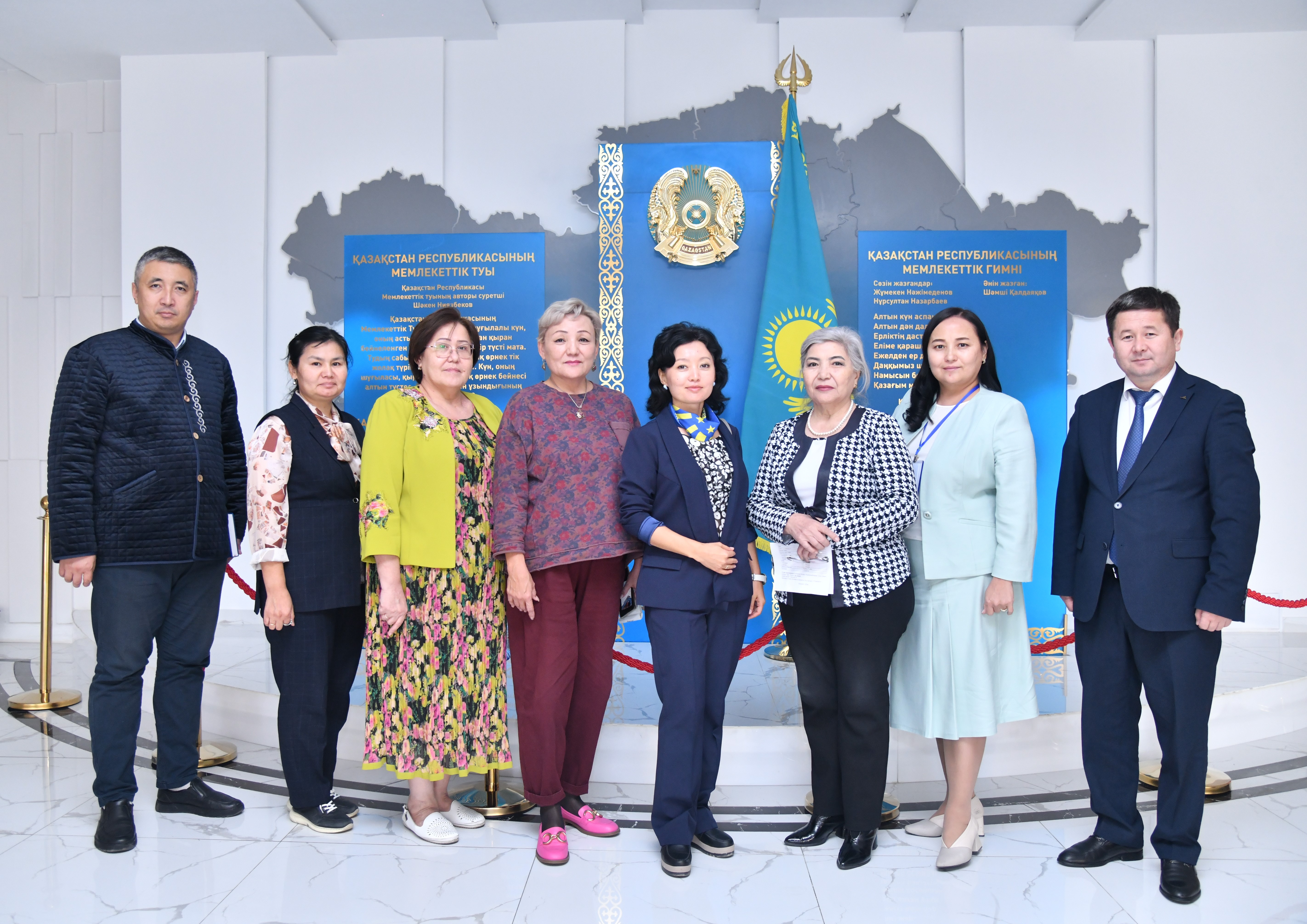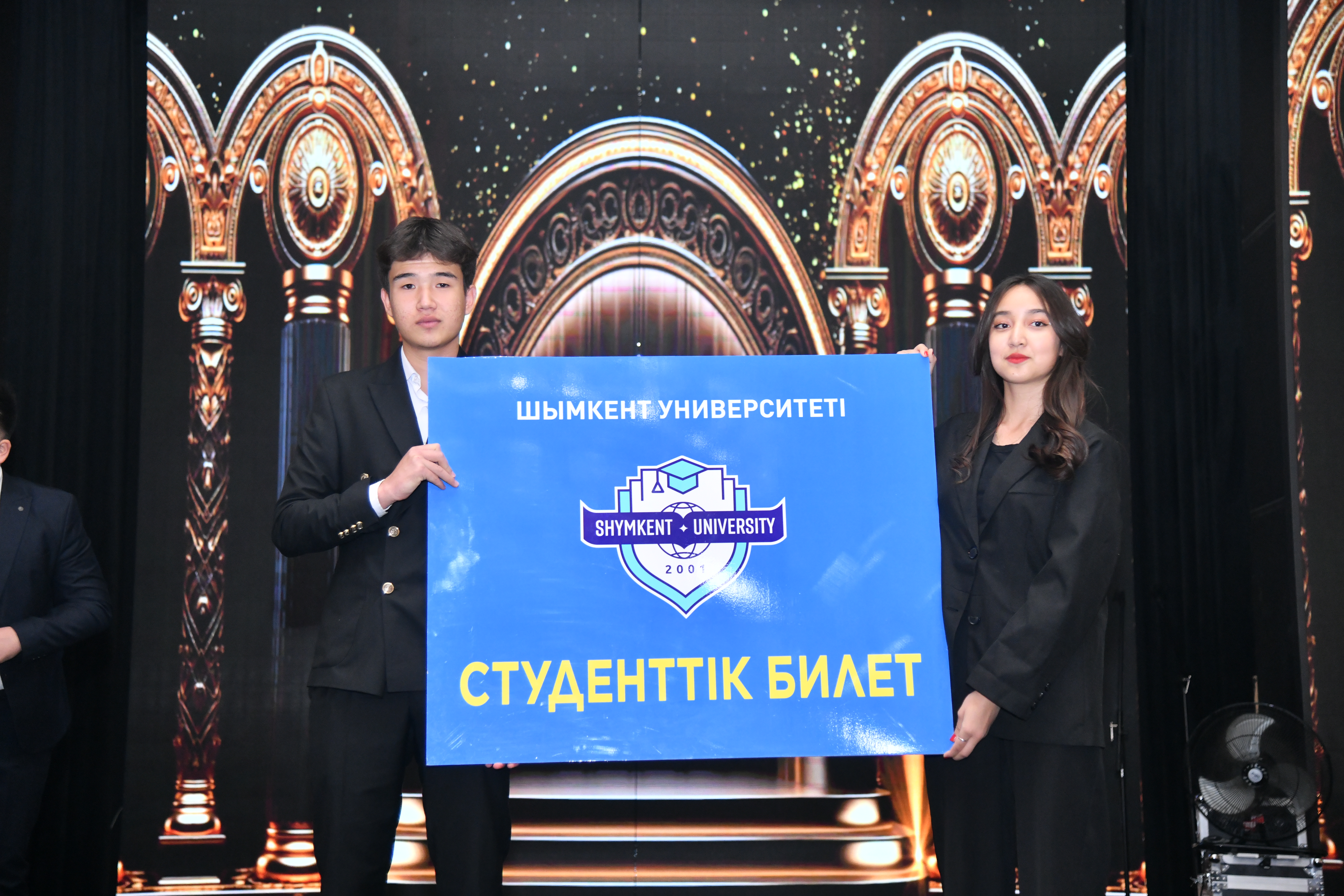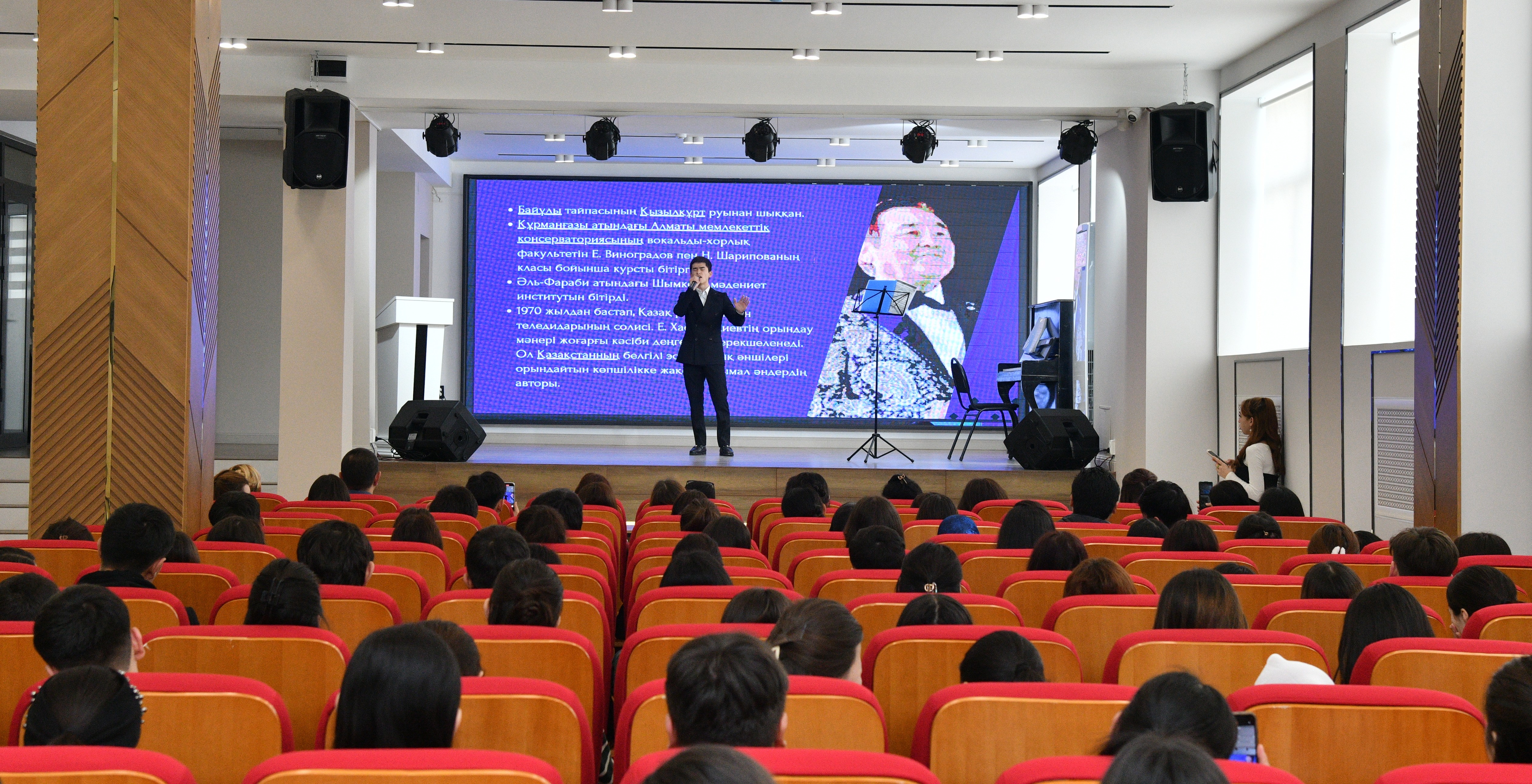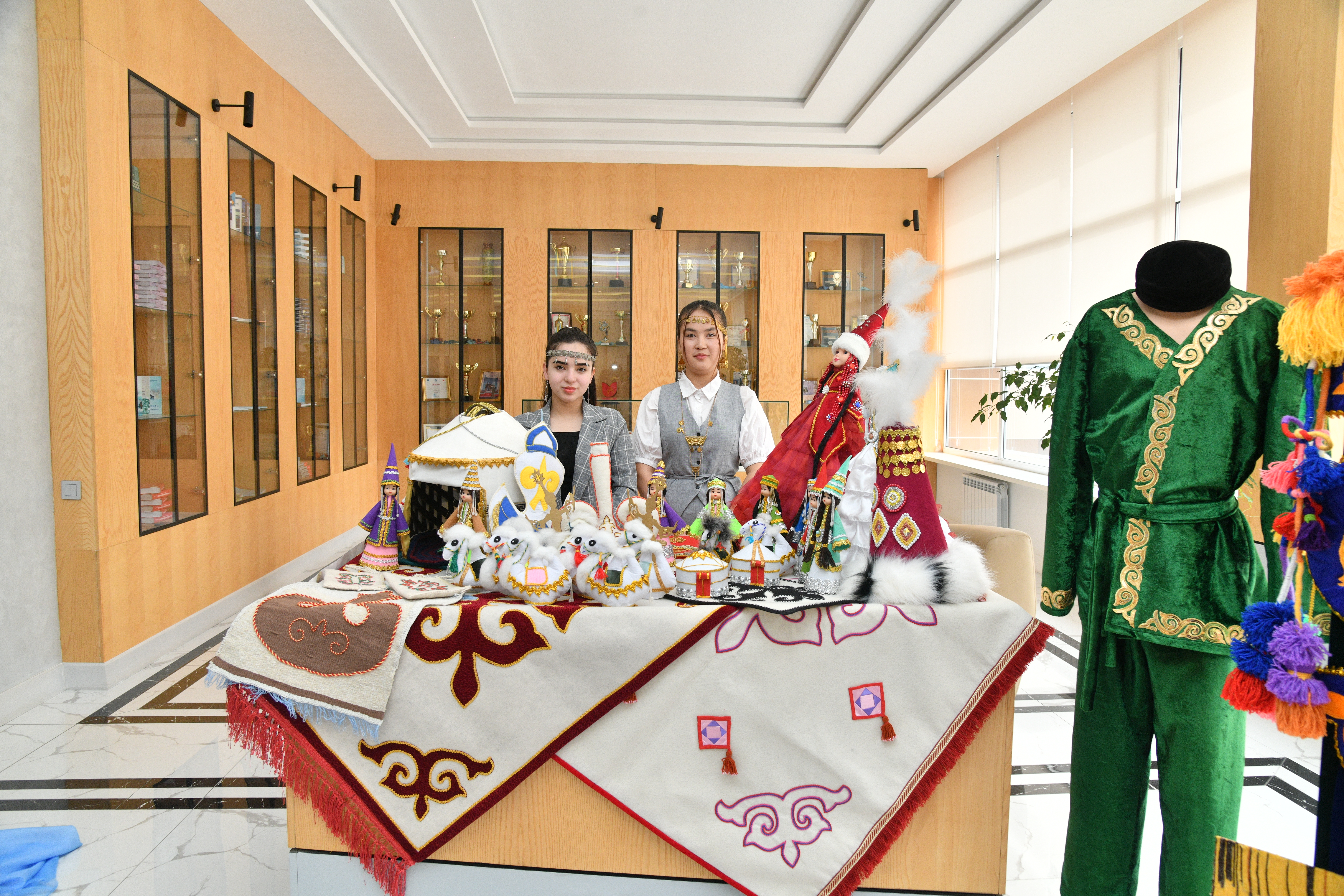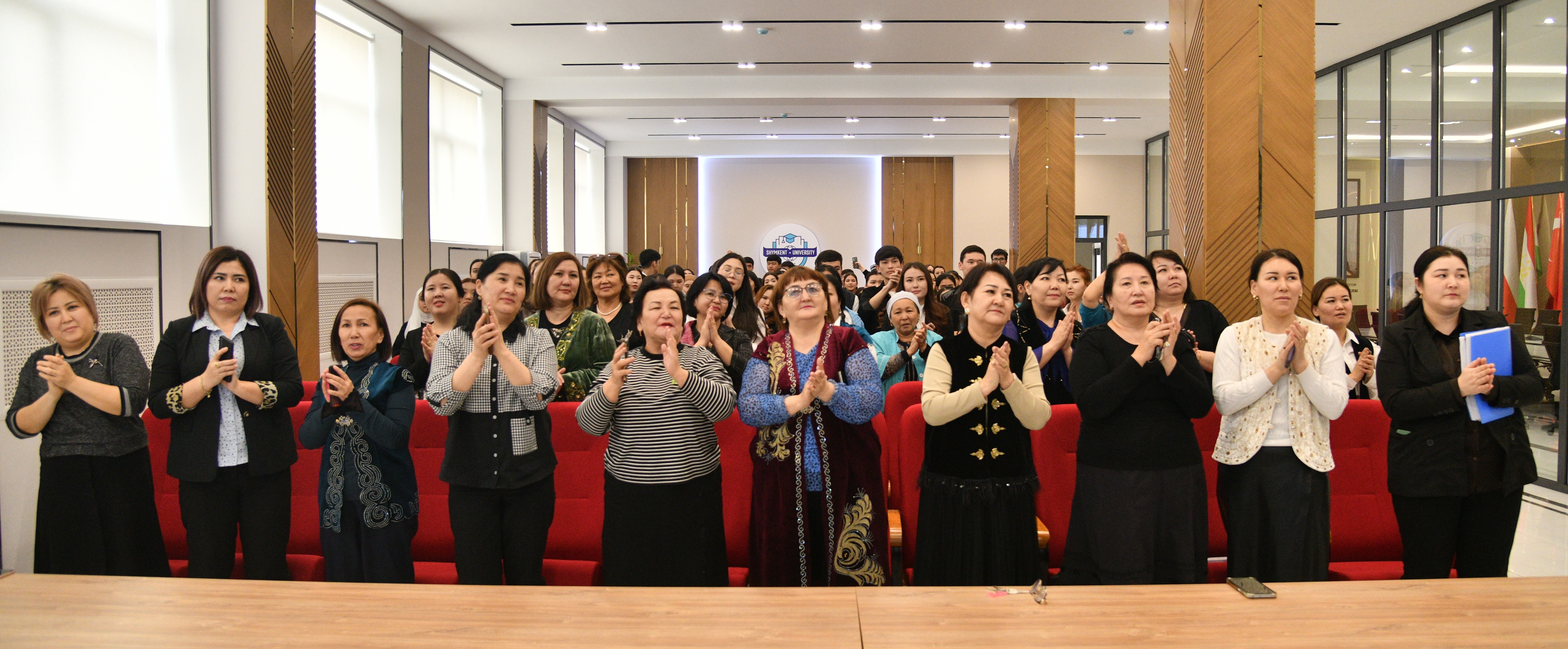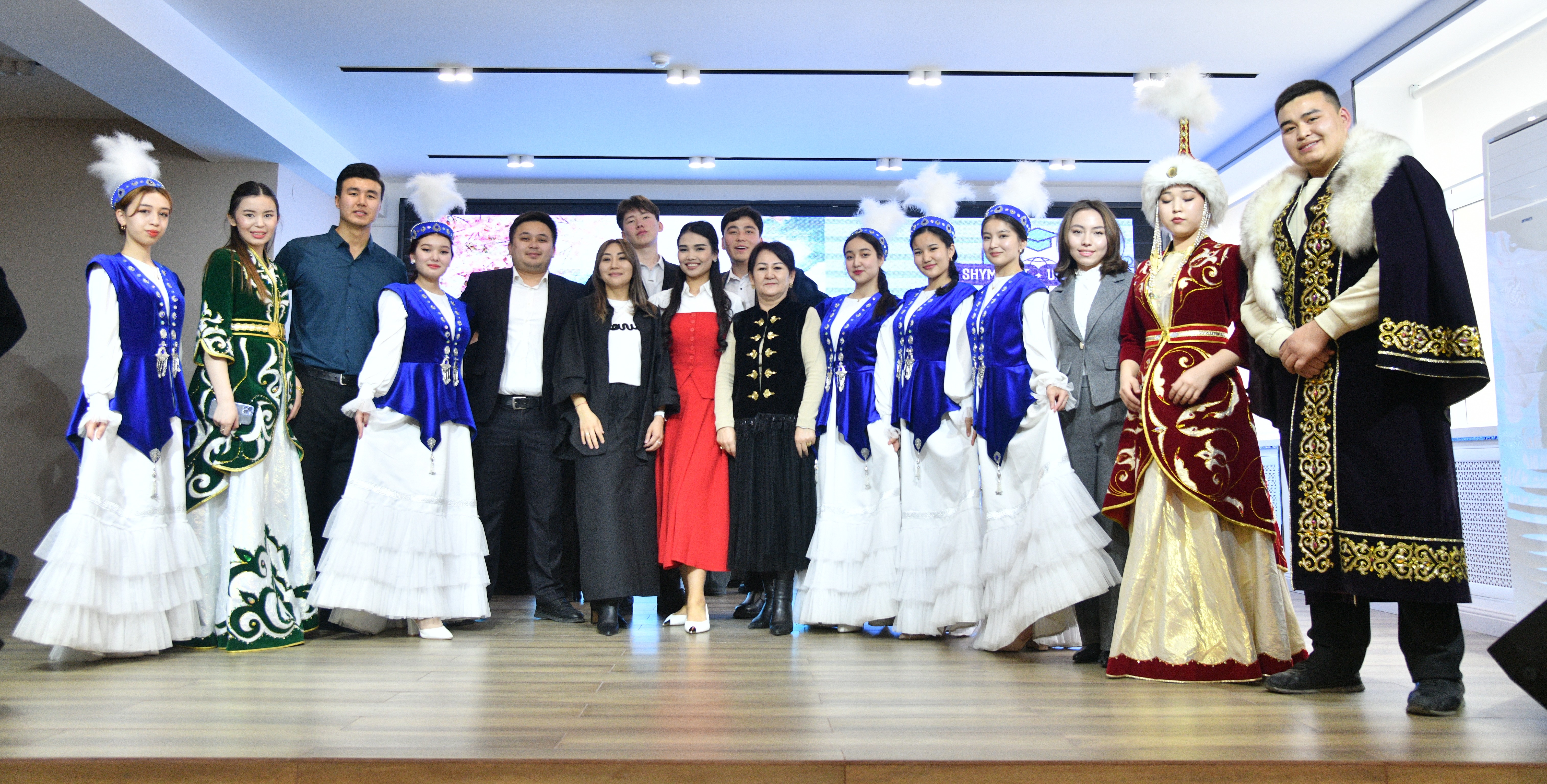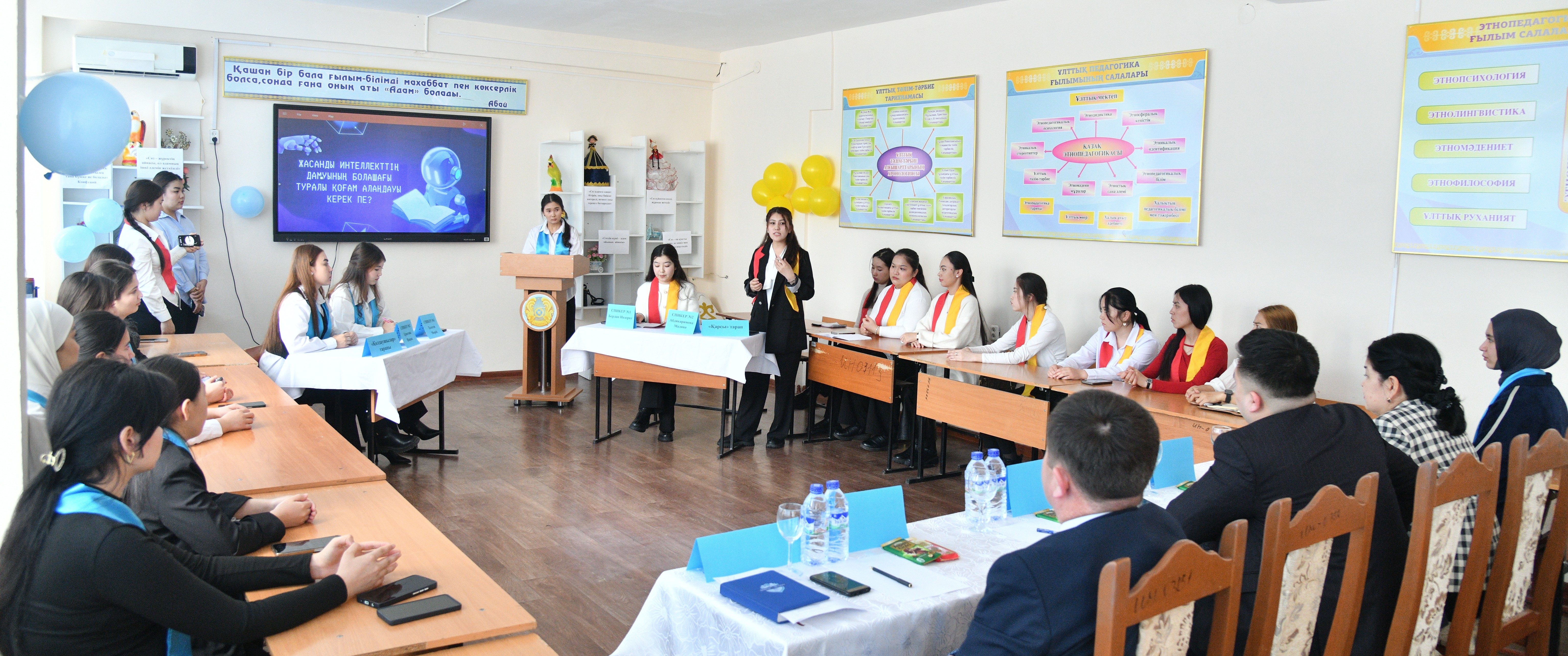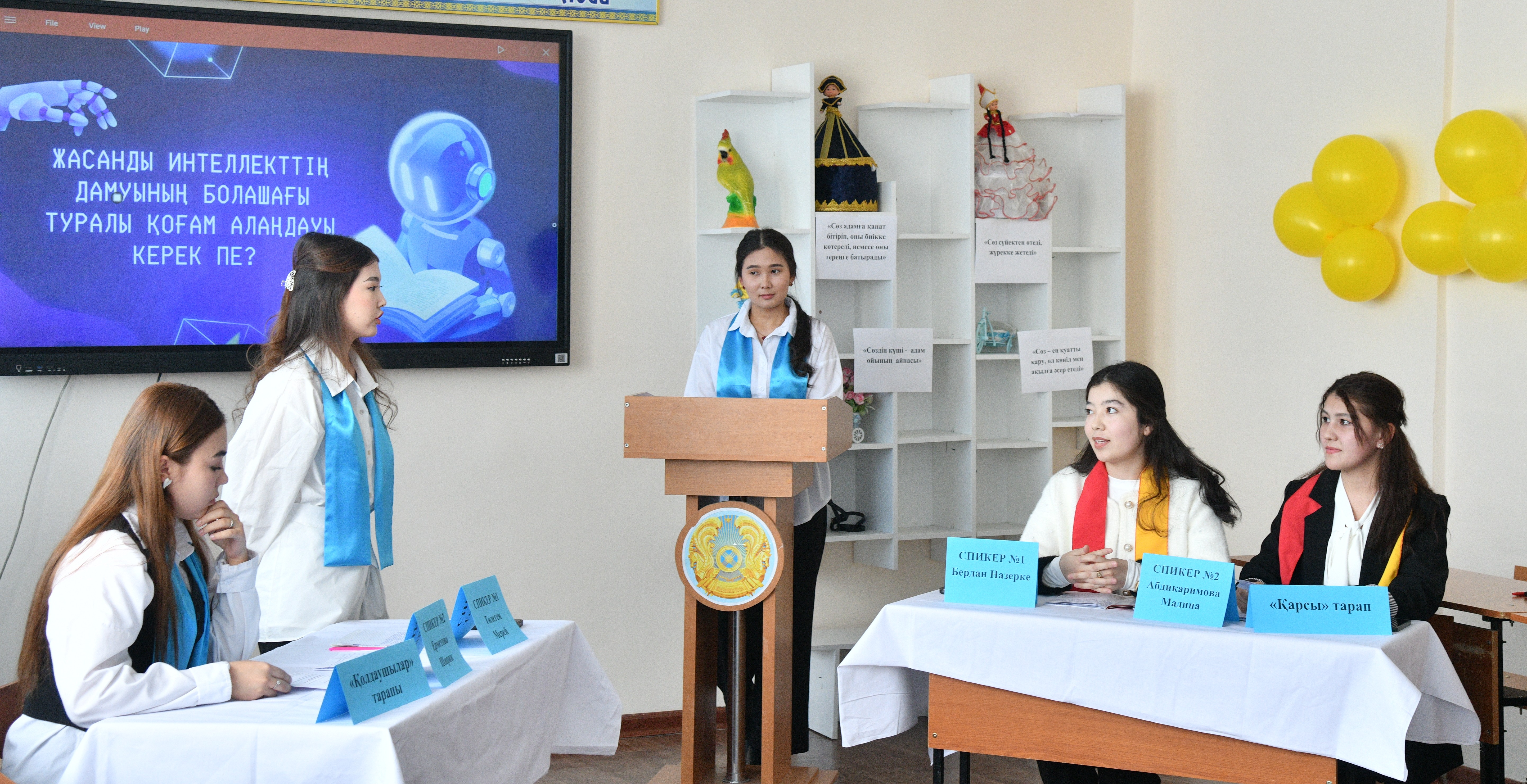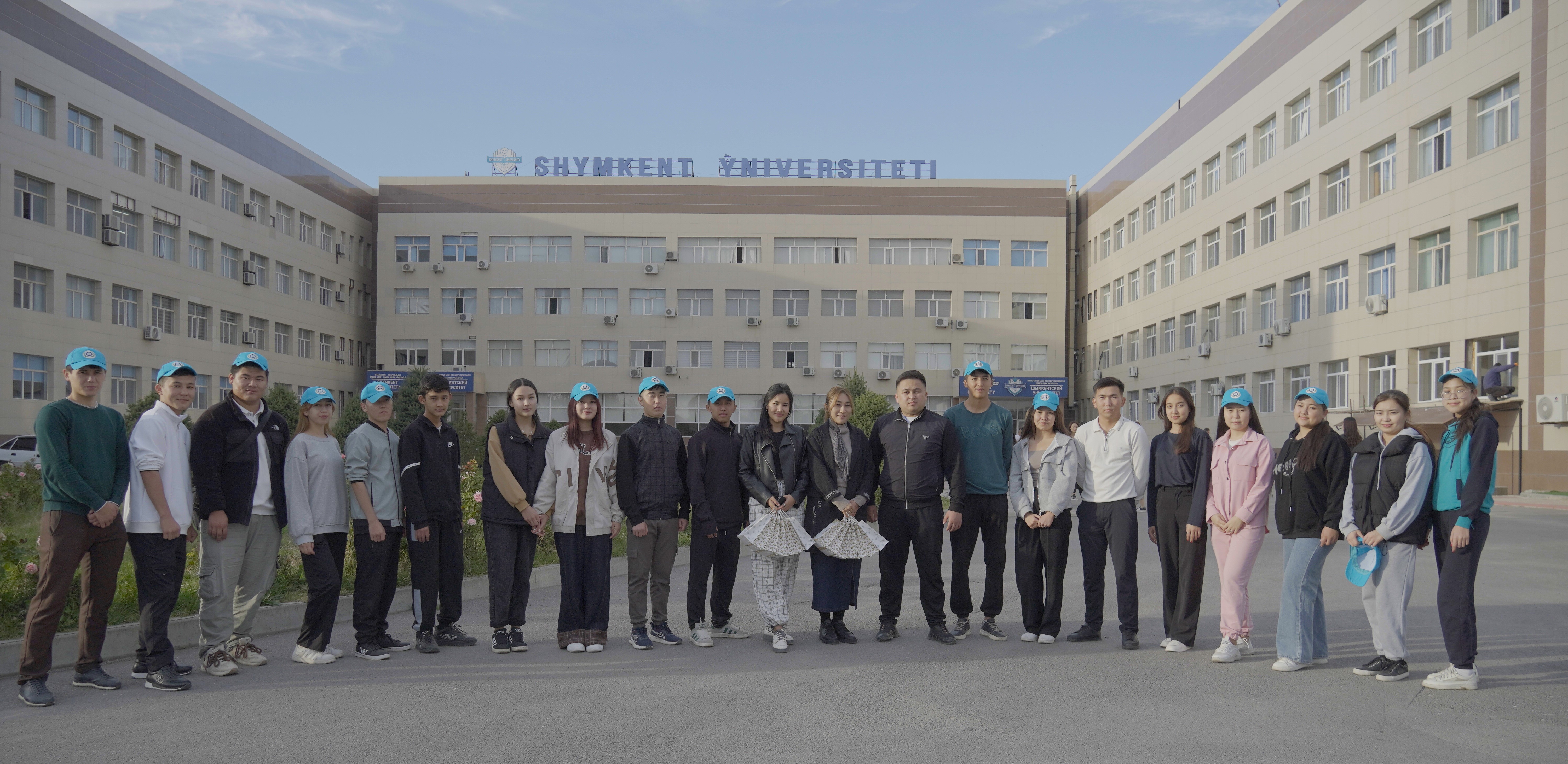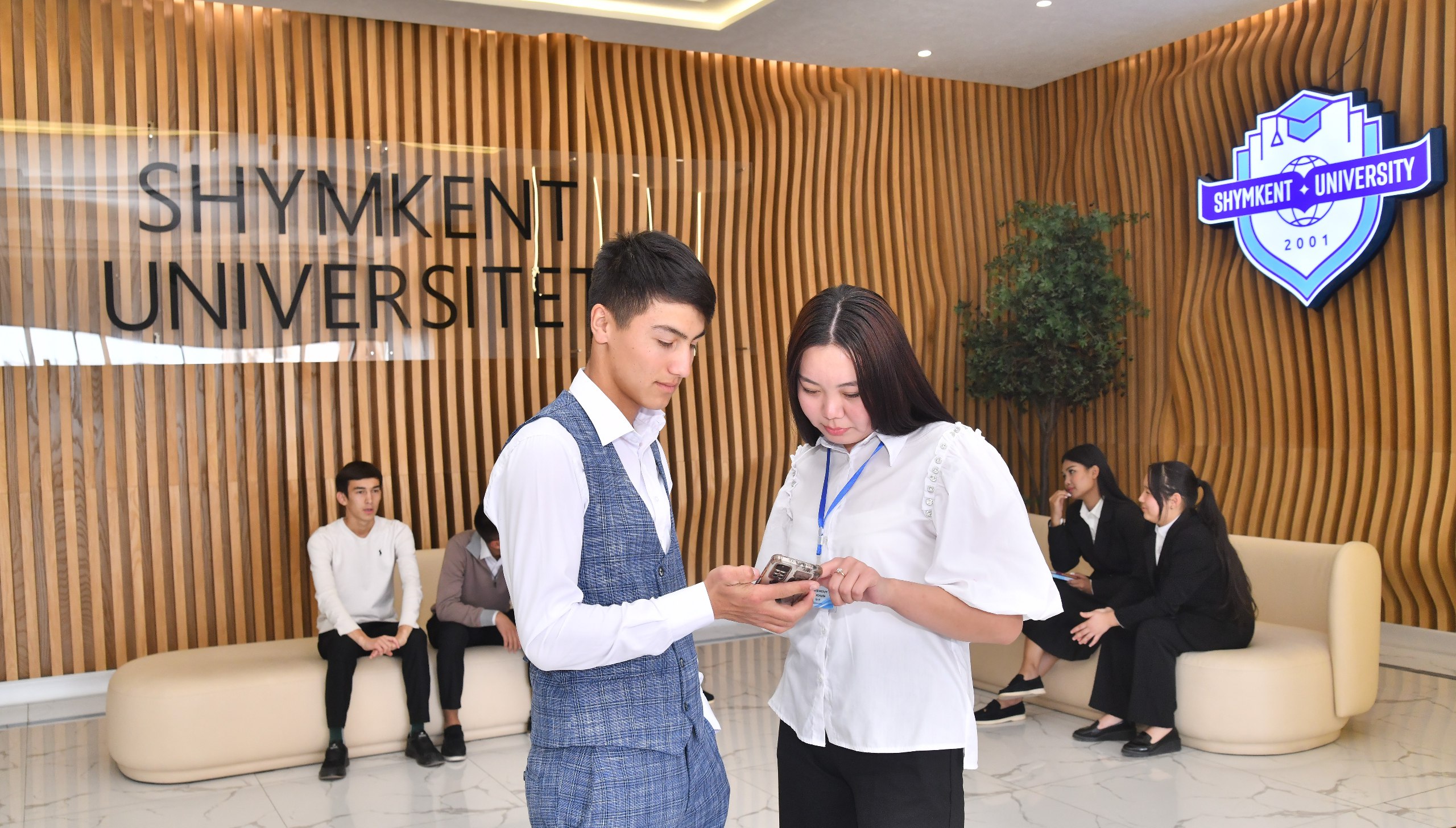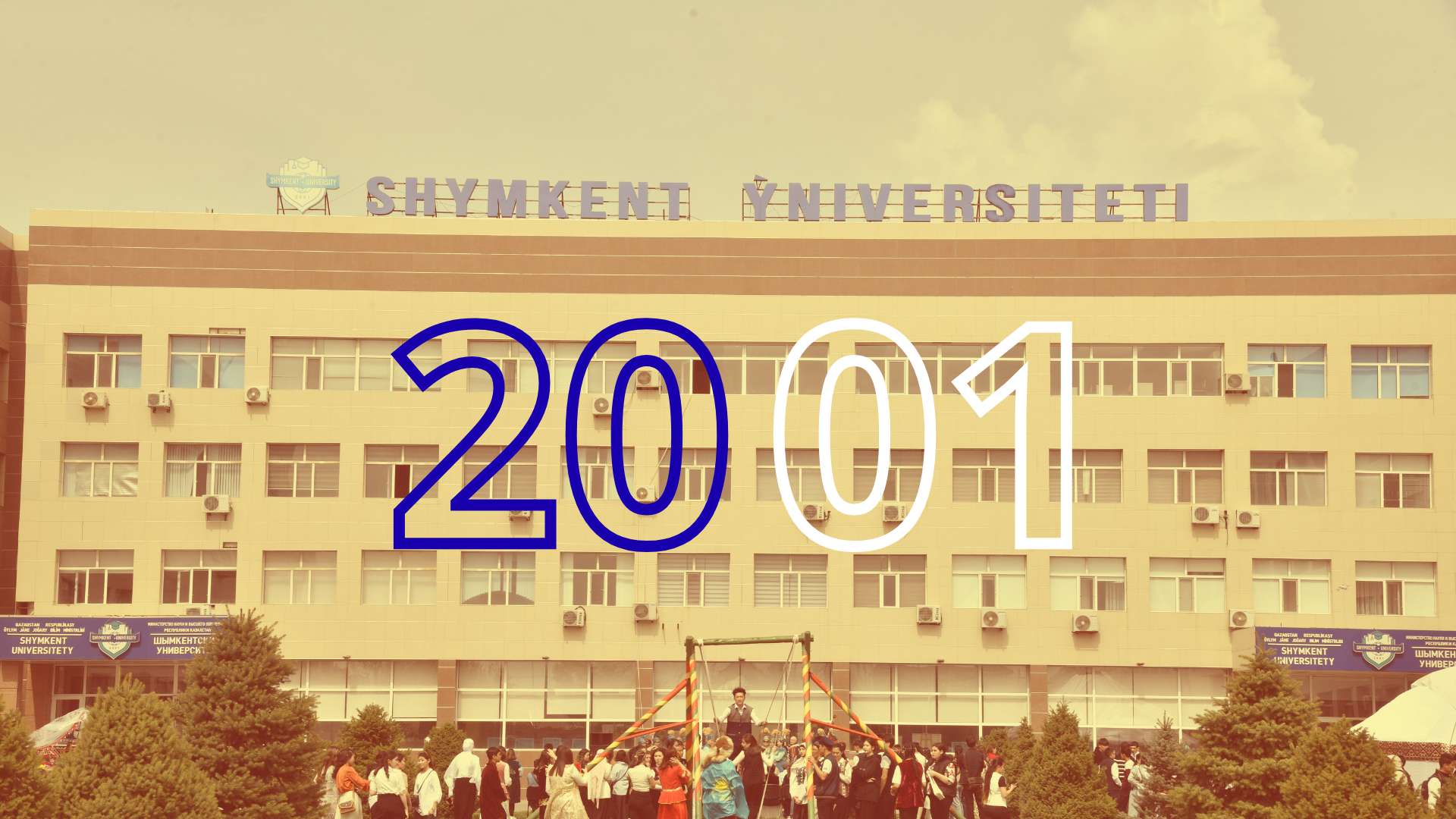“Shymkent University”, established in 2001, positions itself as one of the large multidisciplinary universities, providing training of specialists in higher and postgraduate education through 29 undergraduate programs and 9 master’s programs. The formation and development of Shymkent University are based on the concept of classical university education and the recognition of the intellectual unity of educational, upbringing, and research processes, taking into account innovations, global trends, and modern challenges in higher and postgraduate education. Commitment to these ideals allows the university to maintain a high reputation in the academic community through highly qualified teaching staff, the implementation of new educational programs, and research projects.
The university has 25 years of experience in higher and postgraduate education. The educational process is supported by well-equipped academic and laboratory facilities and a developed infrastructure.
The achievements of the university are directly determined by the highly qualified academic and teaching staff: 52% of the faculty hold academic degrees and titles. The academic staff also includes representatives of employers, practitioners from leading industrial enterprises, and educational institutions.
Conditions have been created for research activities, and 2 research institutes operate: “Ecology and Biology” and “Pedagogy and Psychology”. The priority areas of the university’s research work include studies in biology and biotechnology; ecology; cosmetology; chemical technology and petrochemistry; pressing issues in pedagogy and psychology; as well as the scientific and pedagogical foundations for training future teachers.
Expanding international cooperation is an important direction for the university’s development. Memorandums of cooperation have been signed with 43 foreign universities, including institutions from Poland, Turkey, Lithuania, Russia, Azerbaijan, Uzbekistan, Kyrgyzstan, and others. Based on these memorandums, agreements have been signed, academic mobility programs for faculty and students are implemented, joint research projects are carried out, and international collaboration among scientists is ensured.
Foreign scholars from partner universities are invited to deliver lectures, conduct seminars, practical classes, and training sessions. Within the framework of international cooperation, the university’s academic staff participate in international internships, professional development programs, and international scientific symposia and conferences.
Since the beginning of its educational activities, the university has graduated more than 50,000 specialists who successfully work both in the country and abroad.

